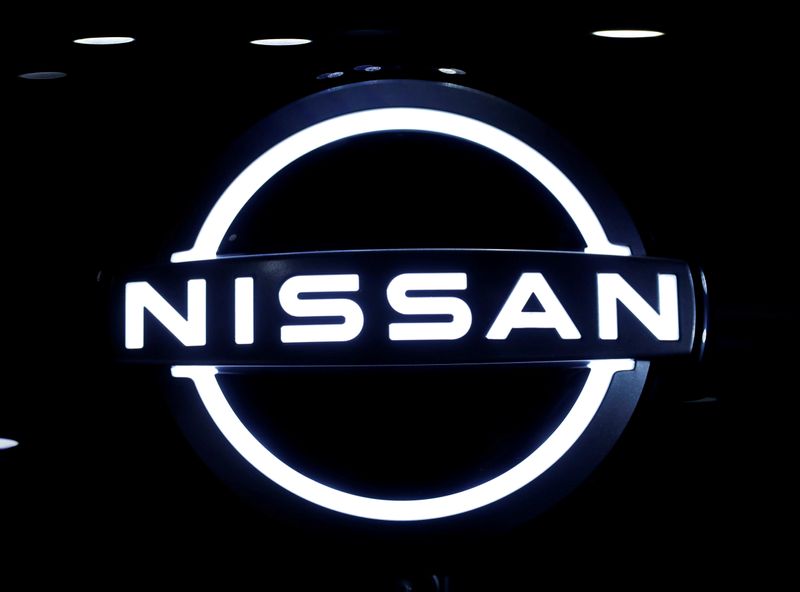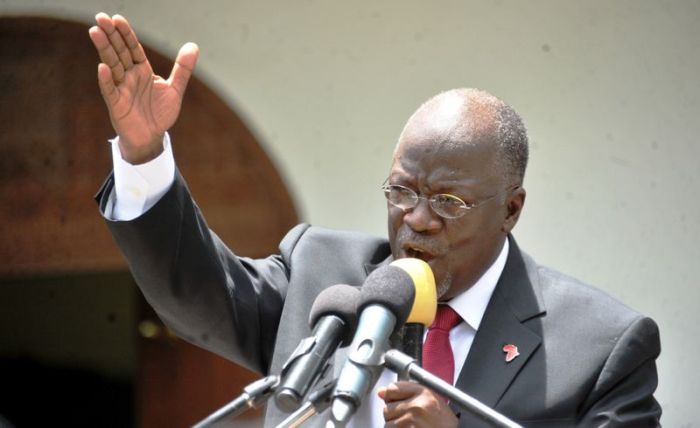TOKYO (Reuters) – Nissan Motor Co <7201.T> warned of a record $4.5 billion operating loss this year and its lowest sales in a decade as the COVID-19 pandemic hampers its turnaround efforts.
Japan’s No.2 carmaker is battling to recover from a rapid expansion that has left it with dismal margins and an ageing portfolio, as well as revive its alliance with Renault <RENA.PA> that was rocked by the arrest of long-time boss Carlos Ghosn.
But the virus pandemic and associated plunge in demand has taken a heavy toll on the car industry, with Nissan reporting a second straight quarter of operating losses on Tuesday.
The company forecast an operating loss of 470 billion yen ($4.5 billion) for the year to March 2021, much larger than analysts’ consensus estimate for a 262.8 billion yen loss, according to Refinitiv data. That would be the second annual loss in a row.
The maker of Rogue SUVs and Leaf electric cars also warned revenue would likely plunge by a fifth to 7.8 trillion yen this year, with vehicle sales falling to an 11-year low of 4.13 million from 4.93 million the year before.
Adding to expected losses is a likely deterioration in Nissan’s sales financing business as cash-strapped customers struggle to make lease payments, while underutilised factories are also burning through cash.
“The market outlook remains uncertain and we may see a further deterioration in demand due to a possible second wave of the pandemic,” Chief Executive Makoto Uchida told a livestreamed briefing.
“Fiscal year 2020 will be a challenging year in terms of profitability and free cash flow,” Uchida said, adding Nissan would not issue a dividend this year.
Peugeot maker PSA Group <PEUP.PA> sounded more upbeat on Tuesday, saying pent-up demand from coronavirus lockdowns was driving a rebound in sales, while a survey showed a surge in export expectations among German automakers.
Still, Nissan said it expected to cut more than 150 billion yen this year from costs related to marketing, selling and depreciation – roughly half its target to cut 300 billion yen from its fixed costs by March 2024.
QUARTERLY LOSSES CONTINUE
In an attempt to revive its fortunes, Nissan unveiled a far-reaching restructuring plan in May that calls for a dramatic reduction in production lines and its vehicle model range.
In the first quarter of this financial year, it made an operating loss of 153.9 billion yen, following a loss of 94.8 billion yen the quarter before.
Global sales tumbled 48% to 643,000 vehicle in April-June as sales halved in North America and fell 40% in China.
While demand in the United States remains weak due to the pandemic, Nissan said the proportion of retail sales was increasing as it shifts away from years of highly discounted fleet sales. As a result, each car sold in the United States resulted in an increase in revenue of more than $700.
Nissan said it had secured more loans and issued debt in the past two months to boost liquidity to cope with the virus crisis, resulting in an untapped credit line of around 1.9 trillion yen at the end of June.
But free cashflow at its automotive business has deteriorated to minus 815.7 billion yen, as it burns through cash to keep its plants running, with many of them yet to return to normal production levels.
As global output normalises, Chief Financial officer Stephen Ma said he saw a “pretty good chance” that free cash would turn positive in the second half.
Mitsubishi Motors Corp <7211.T>, a junior partner in the alliance alongside Renault and Nissan alliance, saw its shares tumble 13% on Tuesday after sales in Southeast Asia plunged 70% during April-June.
(Reporting by Naomi Tajitsu; Editing by Edwina Gibbs and Mark Potter)























